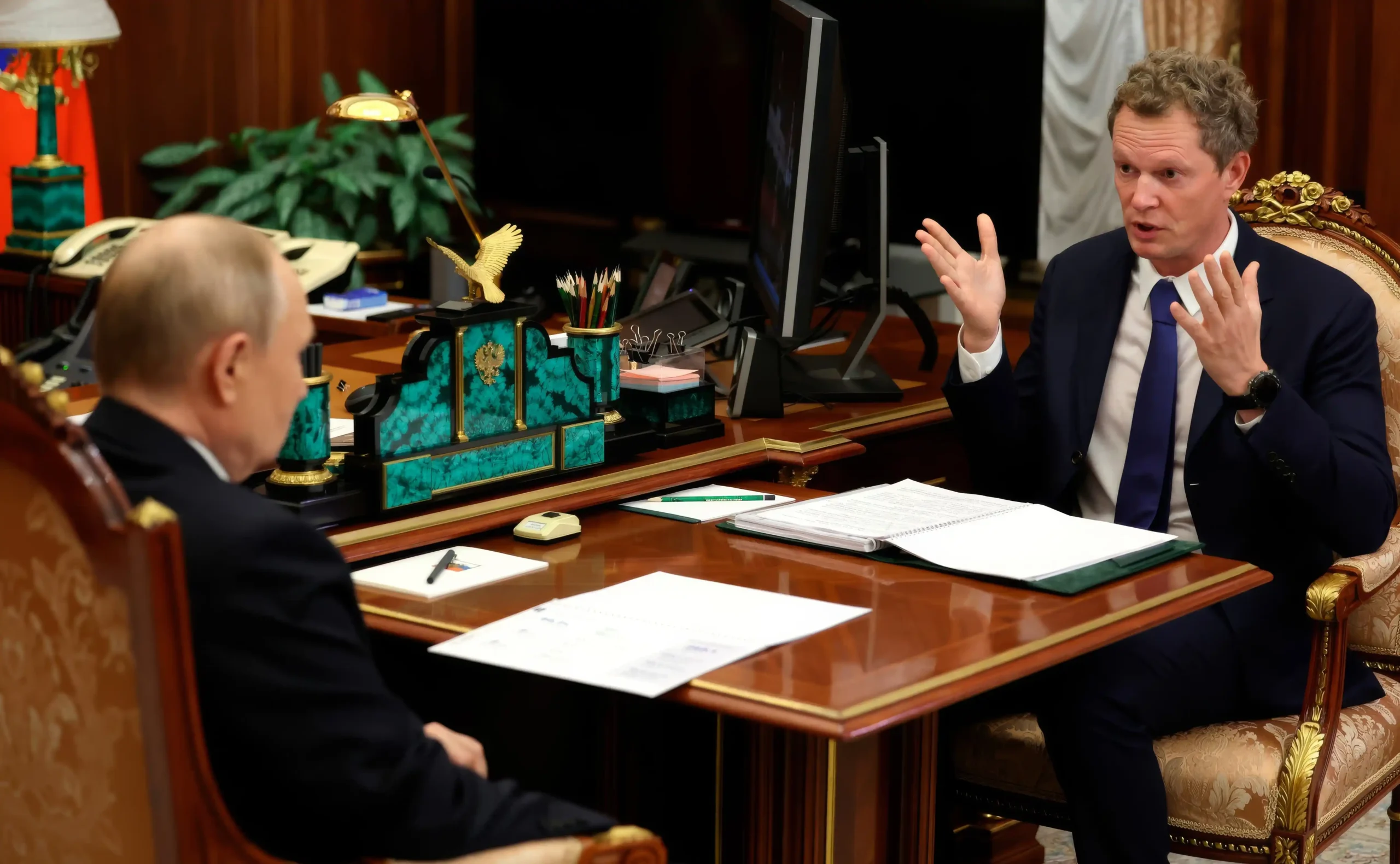A source close to the Russian government has revealed that citizens may face heightened fiscal oversight within the next six to twelve months. The measures, according to the source, are aimed at targeting the informal economy by implementing stricter monitoring of money transfers and unregistered transactions.
Peer-to-Peer Transactions Under Scrutiny
Recent information circulated by the Moscow Region Directorate for Regional Security has ignited widespread discussions in the media and on social networks. The statement warned that peer-to-peer card transfers for goods or services might come under scrutiny for potentially supporting extremist or terrorist organizations.
The source clarified that this announcement was likely an ill-considered move by regional officials rather than part of a coordinated federal initiative. Nevertheless, public outcry over the issue has gained traction, potentially paving the way for tighter controls by financial institutions.
Federal Tax Service’s Role
“The Federal Tax Service already has all the tools needed to tighten oversight of financial transactions. The technical infrastructure for tracking transfers, particularly those between individuals, is fully operational. However, an abrupt rollout of these measures is unlikely, as it could trigger significant public discontent,” the source noted.
Instead, a gradual crackdown on the informal economy appears to be the more likely scenario. According to the source, special attention is expected to be given to money transfers involving migrants, particularly those from Central Asia. “Anti-migrant sentiment is already high, and emphasizing this issue in the media could yield results within weeks,” the source suggested.
Blockchain-Based Monitoring Tests
Other sources have pointed to recent internet disruptions in Russia, which they attributed to security agencies testing blockchain-based control systems for cryptocurrency transactions. This move aligns with the government’s broader strategy to enhance fiscal oversight and potentially regulate alternative financial systems.
Economic Implications
The government continues to explore ways to boost revenue, and increasing oversight of the informal sector appears to be a logical solution. “No concrete decisions have been made yet, but it’s only a matter of time,” the source concluded.
The looming fiscal changes suggest a transformative period for Russia’s financial landscape, with significant implications for both individual citizens and businesses operating within the informal economy.


















